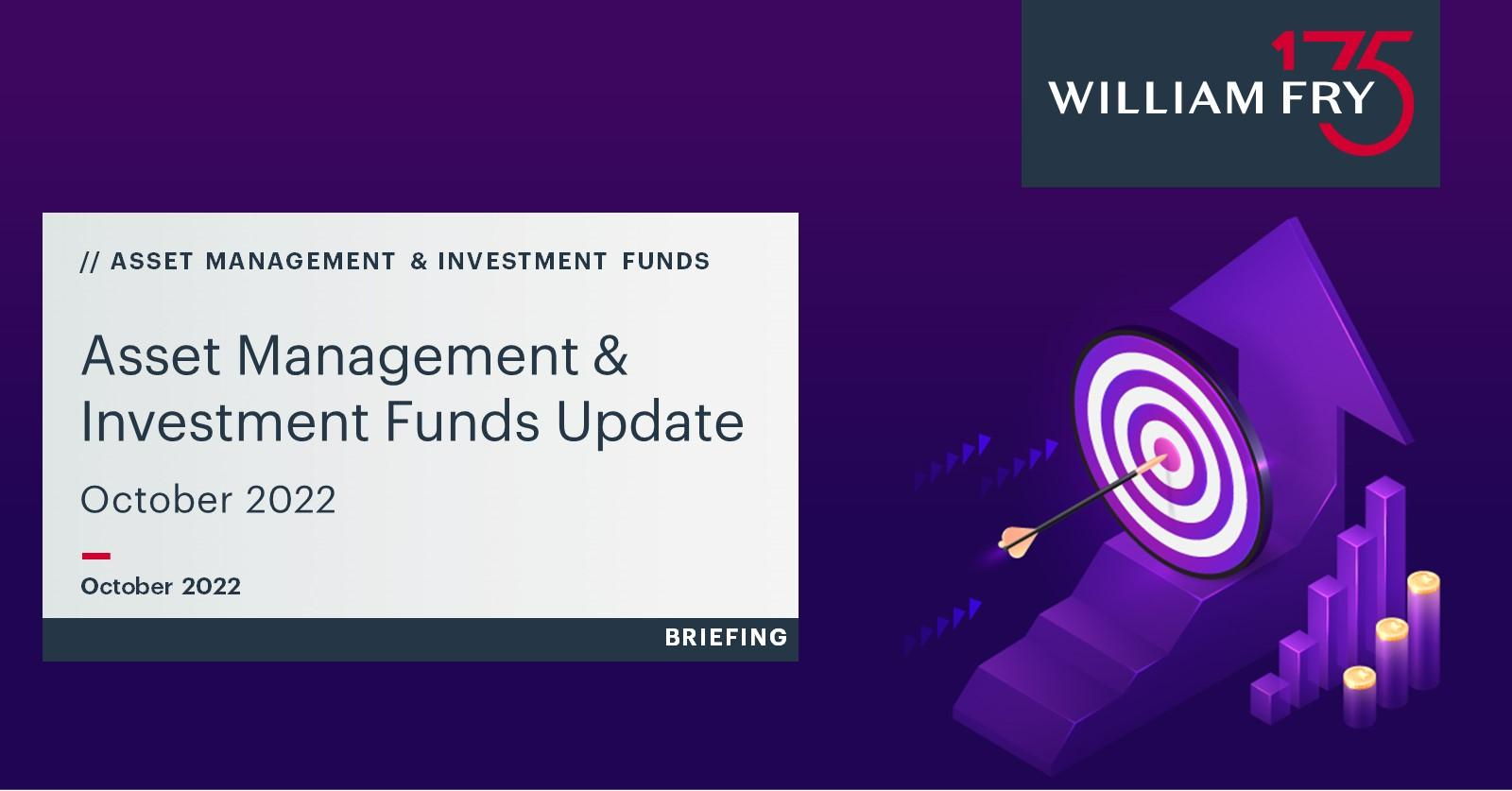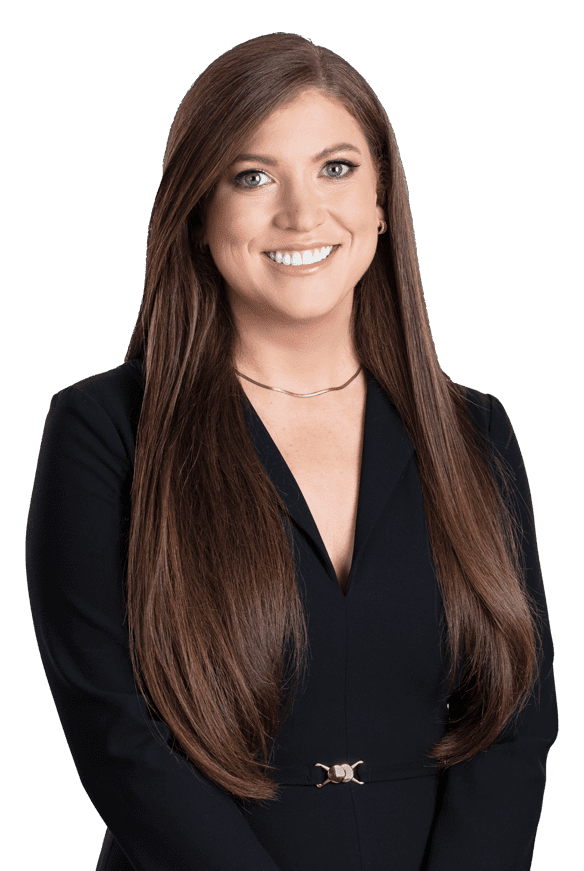Court of Appeal Gives Stark Warning to Legal Practitioners and Expert Witnesses
A recent decision from the Court of Appeal (COA) has considered the role of expert witnesses, with Collins J describing the case as “disturbing” and expressing the hope “that its like will not be seen again”. The leading judgment was delivered by Noonan J, with Collins J delivering a separate concurring judgment. Collins J also issued a word of warning to legal practitioners in relation to costs where they fail to comply with their duties concerning expert evidence.
Background
The plaintiffs, Mr and Mrs Duffy, issued separate proceedings claiming severe personal injuries due to exposure to toxic chemicals during and after the installation of spray foam insulation in their home by the defendants. The plaintiffs alleged that the defendants were negligent in failing to adequately warn them of the dangers of this toxic chemical, isocyanates, and necessary safety measures to protect themselves from exposure. The plaintiffs were subsequently diagnosed as suffering from Reactive Airways Dysfunction Syndrome (RADS). There was no dispute as to whether the plaintiffs suffered damage. Rather, the issue was whether negligence and causation could be proved. The evidence proffered by expert witnesses was crucial to assist the High Court in this regard. Noonan J referred to the special position enjoyed by expert witnesses in the law of evidence, noting that “very frequently the evidence of the expert will be decisive to the outcome, particularly where, as here, there are complex scientific or medical issues arising.”
Dr George Thompson, an expert toxicologist, was the key defence witness. He believed the insulation “could not have been responsible for the plaintiffs’ injuries because it is undetectable in the atmosphere 30 minutes after spraying”. In direct contrast, Professor Burke, the plaintiffs treating consultant respiratory physician, suggested an overwhelming likelihood that the injuries to the Plaintiff’s were caused by exposure to isocyanates.
The High Court excluded Dr Thompson’s evidence on the basis that he was not acting as an independent witness in accordance with his duty to the court. Rather, he had sought to denigrate the character of the plaintiffs. The court concluded that “Dr Thompson’s evidence cannot be accepted as being in any way the unbiased evidence of an expert.”
Appeal
The decision to exclude Dr Thompson’s evidence was a significant ground of the defendants’ appeal to the COA. The defendants conceded that Dr Thompson’s allegations against the plaintiffs went “too far”, but this should only affect the weight attached to his evidence, instead of being totally excluded.
The COA found that the evidence of Dr Thompson was correctly rejected in its entirety. Noonan J referred to several flaws concerning his evidence, any one of which would “strongly suggest an absence of objectivity and impartiality”, but taken together, there was a “wholesale abdication” of his duty as an expert witness.
Noonan J observed that whilst the expert’s duty is to assist the court, it is commonplace for them to put the interests of their clients first. Noonan J referred to the “hired gun syndrome” as perhaps an inevitable by-product of adversarial litigation. He suggested that augmented court rules may have to be introduced to overcome the potential for imbalance between the parties. Noonan J was conscious of the possible inequality of arms between well-resourced litigants and less well-off parties in terms of the former’s ability to afford instructing several experts until they find one that supports their case. Under the current court rules, there is no obligation to disclose this information to the opposite side.
While new rules regarding expert witnesses were introduced in 2016, there may be potential for further reform on the horizon.
A word of warning for legal practitioners
Collins J, in his concurring judgment, made several comments directed at legal practitioners, reminding them of their duties and responsibilities regarding the adducing of expert evidence. They are obliged to ensure the evidence is:
- Relevant
- Likely to assist the court
- The witness has the necessary expertise to give it
- The evidence is limited to matters within the expert’s relevant expertise
- The witness fully understands, and can comply with, their duty as an expert.
Collins J warned that the courts must ensure the rules are upheld and would take appropriate measures where not complied with. He cautioned on the negative consequences for a legal practitioner who calls an expert witness who cannot comply with their duties to the court. Collins J stated that these consequences may not be confined to the exclusion of the expert’s evidence, but may also result in adverse costs orders, referencing the court’s broad jurisdiction to make costs orders against non-parties, and the possibility of a wasted costs order against a legal practitioner.
The above acts as a stark warning for legal practitioners and the potential cost ramifications if an expert is found by the Court to be biased and impartial.
Contact Us
If you wish to discuss the topics discussed in this article, please contact Mary Cooney or your usual William Fry contact.



